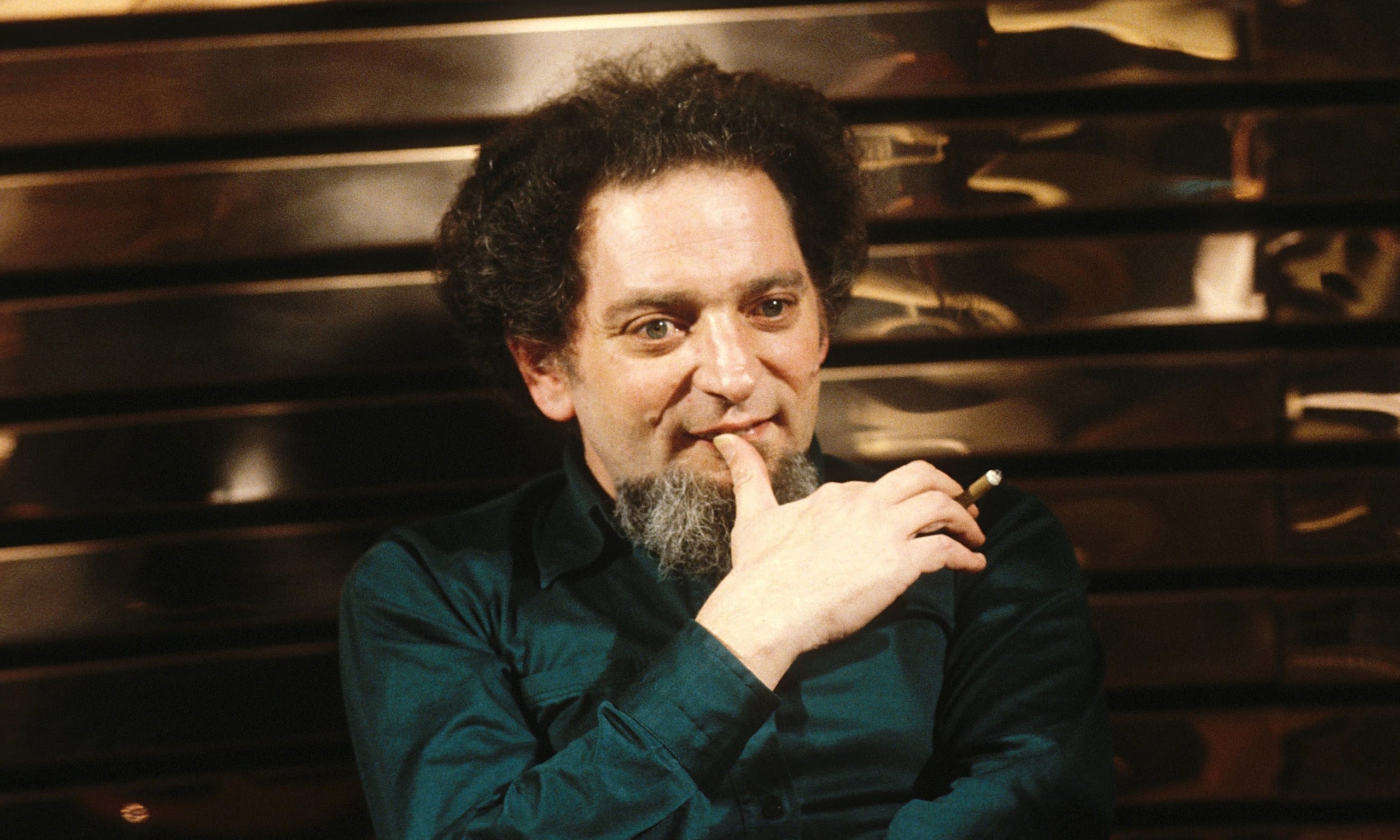 Georges Perec (March 7, 1936 in Paris – March 3, 1982 in Ivry-sur-Seine) was a French novelist, filmmaker, documentalist, and essayist. He was a member of the Oulipo group. His father died as a soldier early in the Second World War and his mother was killed in the Holocaust, and many of his works deal with absence, loss, and identity, often through word play.
Georges Perec (March 7, 1936 in Paris – March 3, 1982 in Ivry-sur-Seine) was a French novelist, filmmaker, documentalist, and essayist. He was a member of the Oulipo group. His father died as a soldier early in the Second World War and his mother was killed in the Holocaust, and many of his works deal with absence, loss, and identity, often through word play.Born in a working-class district of Paris, Perec was the only son of Icek Judko and Cyrla (Schulewicz) Peretz, Polish Jew who had emigrated to France in the 1920s. He was a distant relative of the Yiddish writer Isaac Leib Peretz. Perec's father, who enlisted in the French Army during World War II, died in 1940 from untreated gunfire or shrapnel wounds, and his mother perished in the Nazi Holocaust, probably in Auschwitz sometime after 1943. Perec was taken into the care of his paternal aunt and uncle in 1942, and in 1945 he was formally adopted by them.
In 1961 Perec began working at the Neurophysiological Research Laboratory in the unit's research library funded by the CNRS and attached to the Hôpital Saint-Antoine as an archivist, a low-paid position which he retained until 1978. A few reviewers have noted that the daily handling of records and varied data may have had an influence on his literary style. In any case, Perec's work on the reassessment of the academic journals under subscription was influenced by a talk about the handling of scientific information given by Eugene Garfield in Paris and he was introduced to Marshall McLuhan by Jean Duvignaud. Perec's other major influence was the Oulipo, which he joined in 1967, meeting Raymond Queneau, among others. Perec dedicated his masterpiece, La Vie mode d'emploi (Life a User's Manual) to Queneau, who died before it was published.
 Perec began working on a series of radio plays with his translator Eugen Helmle and the musician Philippe Drogoz (de) in the late 60s; less than a decade later, he was making films. His first work, based on his novel Un Homme qui dort, was co-directed by Bernard Queysanne (fr), and won him the Prix Jean Vigo in 1974. Perec also created crossword puzzles for Le Point from 1976 on.
Perec began working on a series of radio plays with his translator Eugen Helmle and the musician Philippe Drogoz (de) in the late 60s; less than a decade later, he was making films. His first work, based on his novel Un Homme qui dort, was co-directed by Bernard Queysanne (fr), and won him the Prix Jean Vigo in 1974. Perec also created crossword puzzles for Le Point from 1976 on.La Vie mode d'emploi (1978) brought Perec some financial and critical success—it won the Prix Médicis—and allowed him to turn to writing full-time. He was a writer in residence at the University of Queensland, Australia, in 1981, during which time he worked on the unfinished 53 Jours (53 Days). Shortly after his return from Australia, his health deteriorated. A heavy smoker, he was diagnosed with lung cancer. He died the following year, only forty-five years old; his ashes are held at the columbarium of the Père Lachaise Cemetery.